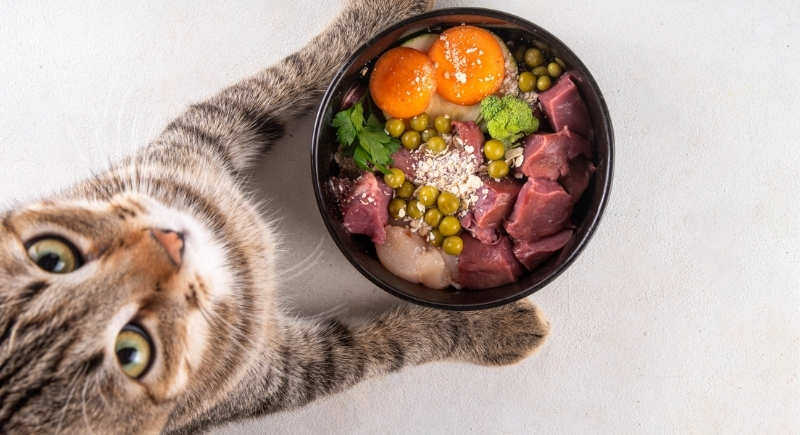The Booming Wellness Industry Has a New Target Customer: Your Pet
Pet owners are rethinking health care for their animals in ways that mirror trends in human wellness. The focus has expanded beyond traditional veterinary visits into a marketplace filled with raw diets, supplements, and holistic treatments.
This change is not just about pampering but reflects a deeper belief that pets deserve the same proactive health strategies people want for themselves. Companies have responded with science-backed nutrition products, while individuals experiment at home with elaborate feeding routines.
This has resulted in a booming industry that combines holistic health trends with long-term care for cats and dogs.
Alternative Pet Care Challenges Veterinary Advice

Image via Pexels/cottonbro studio
Veterinarians are seeing a rise in clients who turn away from conventional treatments in favor of alternative methods. At a clinic in Brooklyn, Dr. Jennifer Glenn has witnessed people using apple cider vinegar for ear infections, applying essential oils against fleas, and delaying vaccinations in favor of personal research.
These owners often feel they are making safer, more natural choices, yet veterinarians caution that such approaches can put animals at risk. Infections may worsen without antibiotics, and parasites can persist without proven preventatives.
The increase in do-it-yourself care reflects a growing distrust of traditional medicine combined with the influence of human wellness culture. As this behavior spreads, veterinarians face the challenge of balancing client autonomy with animal safety. Their concern is not just about compliance but about ensuring that animals receive treatment supported by scientific evidence.
Raw Diets Bring Kitchen Experiments into Pet Care
Beyond alternative remedies, food preparation has become a central part of wellness-driven pet care. A Brooklyn resident spends hours each week grinding meat and adding supplements to create meals for her two cats. Advocates believe that raw diets better resemble the natural eating patterns of carnivores and help avoid processed ingredients found in kibble.
Critics, including many veterinarians, raise concerns about pathogens and nutrient imbalances. Still, demand is growing as pet parents seek full control over what their pets consume.
Caregivers who invest this effort see it as a way to extend the health and lifespan of their pets. The popularity of these diets suggests that the health-focused mindset is reshaping daily routines and moving pet feeding closer to human meal preparation practices.
Pet Nutrition Industry Moves Toward Personalization

Image via Canva/rimmabondarenko
Large companies are responding to these new demands with clinically tested products. ADM’s global report revealed that 85 percent of owners now view nutrition and supplements as equally important for pets and humans. The study also found that in 95 percent of functional supplement purchases, health claims such as digestive support or immune benefits influenced decisions.
Corporations are increasingly developing species-specific formulas that account for different life stages and unique health needs.
For example, a clinical trial demonstrated the benefits of combining postbiotics and dietary fibres for digestive health in cats. This appears to be a wider push toward personalization in pet nutrition to replace the older idea of one-size-fits-all kibble.
As scientific studies grow, companies can market their products with claims supported by data, which will give individuals more confidence.
At the end of the day, the focus on nutrition is no longer limited to small niche brands; global corporations are making personalisation central to future growth in pet nutrition.